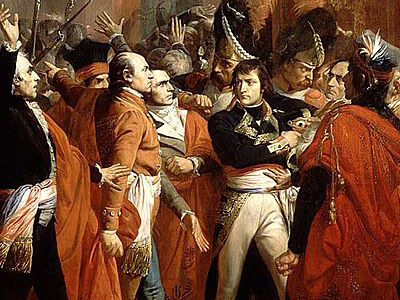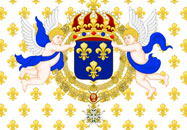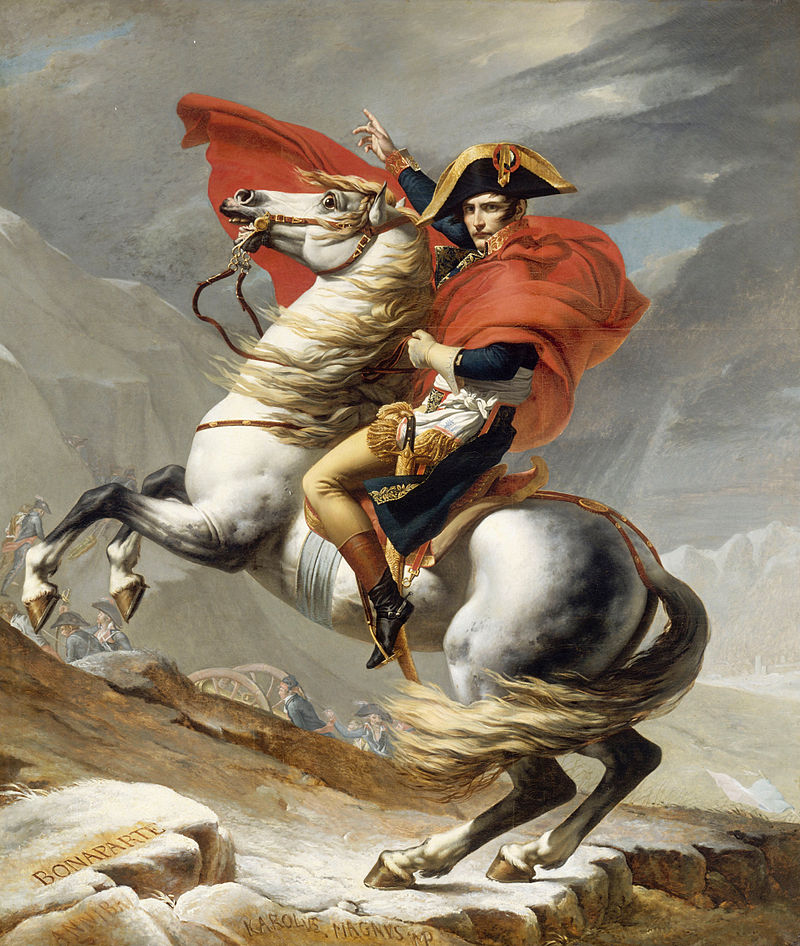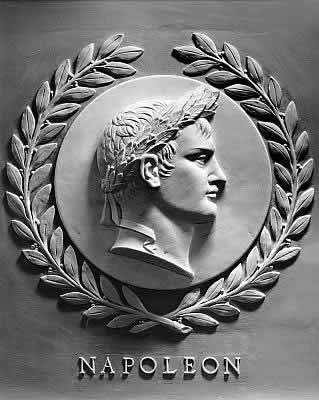Napoleon Bonaparte (1769-1821)
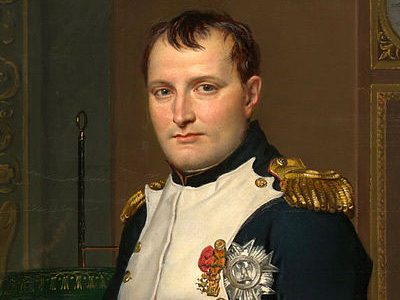
Egyptian Expedition
After two months of planning, Bonaparte decided that France's naval power was not yet strong enough to confront the British Royal Navy. He decided on a military expedition to seize Egypt and thereby undermine Britain's access to its trade interests in India. Bonaparte wished to establish a French presence in the Middle East, with the ultimate dream of linking with Tipu Sultan, a Muslim enemy of the British in India.
Napoleon Napoleon Bonaparte (1769-1821), was a French military and political leader who rose to prominence during the French Revolution and led several successful campaigns during the French Revolutionary Wars. As Napoleon I, he was Emperor of the French from 1804 until 1814, and again in 1815. One of the greatest commanders in history, his wars and campaigns are studied at military schools worldwide. Napoleon Bonaparte » assured the Directory that "as soon as he had conquered Egypt, he will establish relations with the Indian princes and, together with them, attack the English in their possessions." The Directory agreed in order to secure a trade route to India.
Napoleon Bonaparte (1769-1821), was a French military and political leader who rose to prominence during the French Revolution and led several successful campaigns during the French Revolutionary Wars. As Napoleon I, he was Emperor of the French from 1804 until 1814, and again in 1815. One of the greatest commanders in history, his wars and campaigns are studied at military schools worldwide. Napoleon Bonaparte » assured the Directory that "as soon as he had conquered Egypt, he will establish relations with the Indian princes and, together with them, attack the English in their possessions." The Directory agreed in order to secure a trade route to India.

Bonaparte Before the Sphinx, (ca. 1868) by Jean-Léon Gérôme, Hearst Castle
In May 1798, Bonaparte was elected a member of the French Academy of Sciences. His Egyptian expedition included a group of 167 scientists, with mathematicians, naturalists, chemists, and geodesists among them. Their discoveries included the Rosetta Stone, and their work was published in the Description de l'Égypte in 1809.
En route to Egypt, Bonaparte reached Malta on 9 June 1798, then controlled by the Knights Hospitaller. Grand Master Ferdinand von Hompesch zu Bolheim surrendered after token resistance, and Bonaparte captured an important naval base with the loss of only three men.
General Bonaparte and his expedition eluded pursuit by the Royal Navy and landed at Alexandria on 1 July. He fought the Battle of Shubra Khit against the Mamluks, Egypt's ruling military caste. This helped the French practice their defensive tactic for the Battle of the Pyramids, fought on 21 July, about 24 km (15 mi) from the pyramids. General Bonaparte's forces of 25,000 roughly equalled those of the Mamluks' Egyptian cavalry. Twenty-nine French and approximately 2,000 Egyptians were killed. The victory boosted the morale of the French army.
On 1 August 1798, the British fleet under Horatio Nelson captured or destroyed all but two French vessels in the Battle of the Nile, defeating Bonaparte's goal to strengthen the French position in the Mediterranean. His army had succeeded in a temporary increase of French power in Egypt, though it faced repeated uprisings. In early 1799, he moved an army into the Ottoman province of Damascus (Syria and Galilee). Napoleon Napoleon Bonaparte (1769-1821), was a French military and political leader who rose to prominence during the French Revolution and led several successful campaigns during the French Revolutionary Wars. As Napoleon I, he was Emperor of the French from 1804 until 1814, and again in 1815. One of the greatest commanders in history, his wars and campaigns are studied at military schools worldwide. Napoleon Bonaparte » led these 13,000 French soldiers in the conquest of the coastal towns of Arish, Gaza, Jaffa, and Haifa. The attack on Jaffa was particularly brutal. Bonaparte discovered that many of the defenders were former prisoners of war, ostensibly on parole, so he ordered the garrison and 1,400 prisoners to be executed by bayonet or drowning to save bullets. Men, women, and children were robbed and murdered for three days.
Napoleon Bonaparte (1769-1821), was a French military and political leader who rose to prominence during the French Revolution and led several successful campaigns during the French Revolutionary Wars. As Napoleon I, he was Emperor of the French from 1804 until 1814, and again in 1815. One of the greatest commanders in history, his wars and campaigns are studied at military schools worldwide. Napoleon Bonaparte » led these 13,000 French soldiers in the conquest of the coastal towns of Arish, Gaza, Jaffa, and Haifa. The attack on Jaffa was particularly brutal. Bonaparte discovered that many of the defenders were former prisoners of war, ostensibly on parole, so he ordered the garrison and 1,400 prisoners to be executed by bayonet or drowning to save bullets. Men, women, and children were robbed and murdered for three days.
Bonaparte began with an army of 13,000 men; 1,500 were reported missing, 1,200 died in combat, and thousands perished from disease—mostly bubonic plague. He failed to reduce the fortress of Acre, so he marched his army back to Egypt in May. To speed up the retreat, Bonaparte ordered plague-stricken men to be poisoned with opium; the number who died remains disputed, ranging from a low of 30 to a high of 580. He also brought out 1,000 wounded men. Back in Egypt on 25 July, Bonaparte defeated an Ottoman amphibious invasion at Abukir.

Battle of the Pyramids on 21 July 1798 by Louis-François, Baron Lejeune, 1808
HISTORY

RESOURCES
This article uses material from the Wikipedia article "Napoleon", which is released under the Creative Commons Attribution-Share-Alike License 3.0.
© Stories Preschool. All Rights Reserved.
